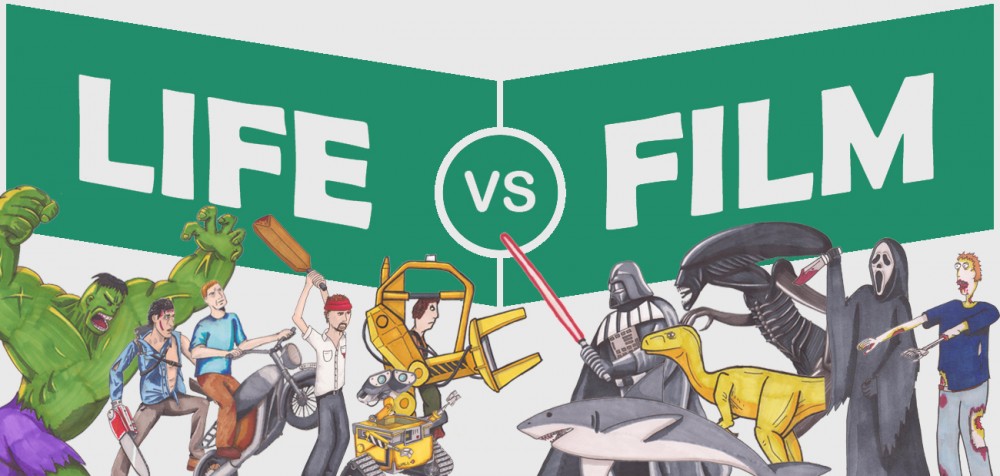What better way to kick off a lazy Bank Holiday Monday than with a Disney classic? With a Pixar one of course, but I’ve watched most of those, so Disney it is. Notable in the Disney archives for being the first to use big name actors to voice its characters (Robin Williams steals the show as the Genie, even though he isn’t in the first third of the film) , Aladdin doesn’t have a lot else going for it to set it apart from the more renowned Disney pictures such as Beauty and the Beast, the Lion King or the Jungle Book. Yes, the devious royal advisor Jafar is a masterclass in how to draw an evil character (acute angles, lots of acute angles, think a dehydrated Peter Cushing), Gilbert Gottfried is excellent as the cantankerous parrot Iago and there is some of the studios greatest comedy from Williams’ improv and one liners (“10,000 years will give you such a crick in the neck!”), but the plot is thin, the Arabian stereotypes broad (and at times a little racist, a wink to Uncle Walt maybe?) and most of the songs are forgotten before the credits roll, with only A Whole New World and Genie’s Never Had a Friend Like Me leaving any kind of impression.
The animation is largely flawless, although touches of CGI sap the warmth from the otherwise hand-rendered imagery, and it is hugely impressive just how much characterisation has been given to a tasselled rug, but the plot is too thin and predictable, the morals daubed too thickly, even for a Disney, to make this a must-see.
Choose life 6/10







